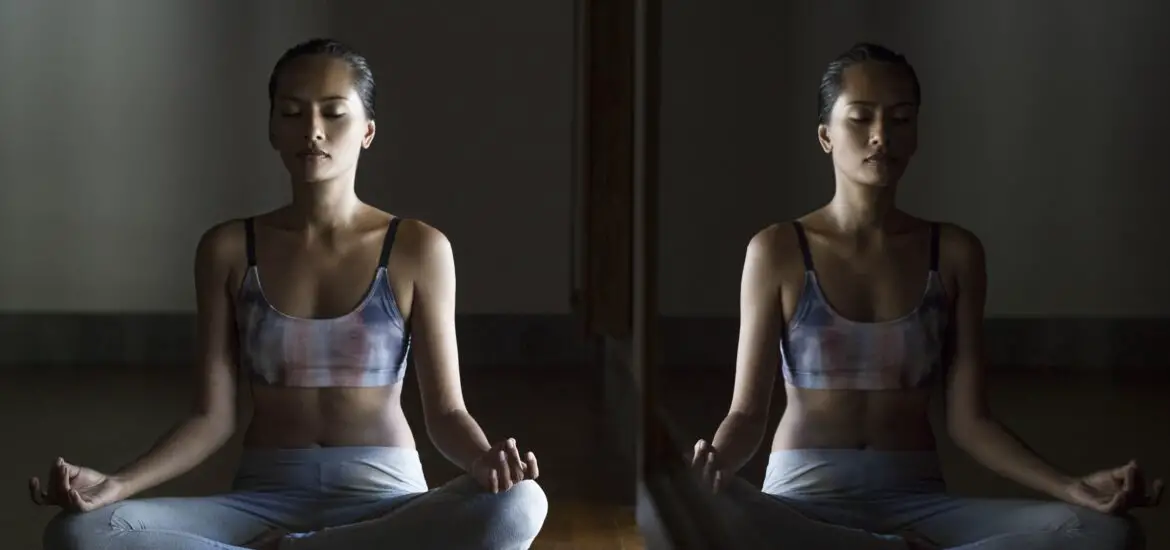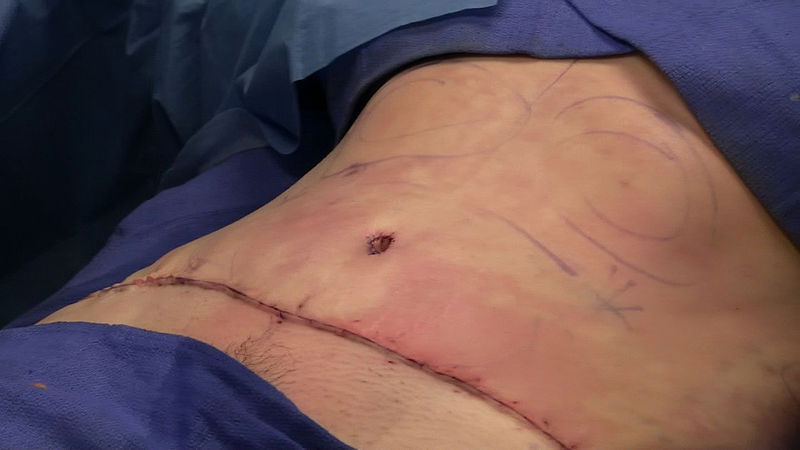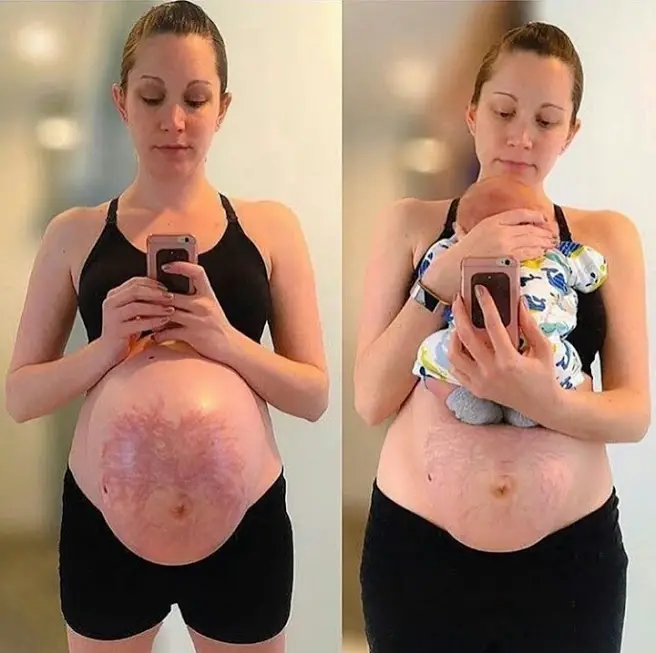If you’re asking “why is my skin cold after exercise?”, this article will reveal 5 reasons responsible for this phenomenon. This way, you can take appropriate steps to manage or prevent it in the future.

Table of Contents
Reason 1: Evaporative Cooling
Evaporative cooling is your body’s natural air-conditioning system. When you exercise, your internal body temperature rises. To counteract this, your sweat glands release sweat, which is mostly made up of water and some trace minerals.
As this liquid comes into contact with air, it evaporates. The process of evaporation consumes heat, essentially ‘stealing’ it from your skin to convert the sweat from liquid to vapor.
This cooling mechanism helps to lower your overall body temperature but can lead to a cold feeling on your skin, especially if you stop exercising and wind hits the wet skin. (Source)
Reason 2: Blood Flow Redistribution
When you exercise, your muscles require more oxygen and nutrients to sustain the increased level of activity. Your circulatory system responds by prioritizing blood flow to these hard-working muscles, pulling it away from areas that aren’t immediately necessary for heavy physical exertion—like your skin.
In essence, your body is diverting resources to where they are needed most. Because warm blood is being directed away from the skin, the skin may feel colder to the touch. It’s like redirecting traffic during a major event to make sure everyone gets where they need to go, even if it means less busy roads get less attention. (Source)
Reason 3: Environmental Factors
Your workout environment plays a significant role in how your skin feels post-exercise. If you’re exercising in a cold room or outdoors in lower temperatures, the cool air will interact with your skin, intensifying any cold sensations you may be experiencing due to internal factors like evaporative cooling or blood flow redistribution.
Wind is another element to consider. A windy environment can speed up the rate of sweat evaporation, thereby intensifying the cooling effect on your skin. If you’re jogging outdoors, for example, and the wind is against you, it can make your skin feel much colder than it otherwise would.
Check out these other articles…
Does Exercise Affect Skin? Unveiling the Truth
Can You Exercise After Skin Needling? Comprehensive Answer
Why Does Skin Tingle After Exercise? Your Questions Answered
Why Does Skin Temperature Increase After Exercise? Answered!
Blotches on Skin After Exercise: How to Recognize & React
Reason 4: Dehydration
Water plays a pivotal role in body temperature regulation. When you’re dehydrated, you have less fluid available for sweat production and other cooling mechanisms. Dehydration can reduce your body’s overall volume of blood and other fluids, making it harder to circulate warm blood to the skin’s surface.
The skin may then feel colder due to this reduced circulation. In more severe cases, dehydration can impair your body’s ability to sweat, making it even harder to cool down and, paradoxically, leading to skin that feels cold but is actually overheating. (Source)
Reason 5: Medical Conditions
If you’ve eliminated all other possibilities and still notice that your skin is unusually cold after exercise, it’s wise to consider underlying medical issues. Conditions like hypothyroidism or anemia can affect your body’s thermal regulation.
In hypothyrodism, for example, your thyroid gland doesn’t produce enough hormones, affecting your metabolism and body’s ability to generate heat. (Source)
Anemia can reduce the amount of oxygen-carrying red blood cells, making it harder for your body to maintain a consistent temperature. Both conditions require medical diagnosis and treatment, so if you’re concerned, consult a healthcare provider for proper testing and advice.
Conclusion: What to Do Next
If you understand why your skin feels cold after exercise, you can better decide what action to take. From adjusting your workout environment to consulting a medical professional, you’re now armed with the knowledge to make informed decisions.

